Described as the most dangerous phrase in business and the most expensive phrase in the English language, “that’s the way we’ve always done it” is never an acceptable defence for your school’s processes. It is a catch-all term employed to avoid accountability, or where the genesis of that process is unknown.
As the Head, you are responsible for your team, for the operation of a business and for customer (parent) satisfaction. You have the power and influence to establish a foundation of good process. This includes leading your school’s marketing by ensuring your team regularly reviews their processes and that they can distinguish between routine and dynamic process.
Schools are busy places and Heads wear many hats. It is quick and easy for your team to do things the same way as always because, as creatures of habit, we are inclined towards comfort, familiarity and routine. Humans often fall for what’s known as ‘survivorship bias’: where they become emboldened by past outcomes leading them to repeat the same process over and over. They have learned that because it hasn’t killed them, it is a process that works. True, it hasn’t killed them, but it also won’t make them stronger.
Encourage your team to devise processes that are free from personification — that is, where a specific person or vendor is part of the process (“we give the file to Jeff who sends it to Top Notch Trophies”). This contextualisation becomes obscured over time (when Jeff changes role or leaves the organisation). Good process withstands people, time and place; staff come and go, and vendors should be selected based on best service or value. Have your team take the time to build their processes based on actions required by role and outcome, then regularly interrogate its efficiency and currency.
Your marketing team must be vigilant for experience that is being passed off as best process. The tenure of your staff does not equate to, and should not trump, the practice of reviewing and adjusting processes to ensure they deliver the same — if not better — results.
… “that’s the way we’ve always done it” is never an acceptable defence for your school’s processes.
Universally established, clear and succinct processes will help avoid work silos. You may find that they are managed solely by one person or team in your school — either because that is how it has historically been managed or because they are the only ones who know how to do that task. Create an environment as Head whereby it is common practice to share process knowledge. This will prevent a power imbalance between staff, barriers between faculties and isolation of groups within your school.
As a result of your role modelling, your school processes will offer stability and clear instruction to new and existing staff, parents and your broader internal and external communities.
Transfer skills, share knowledge and create a universal truth for process
If your team reviews and audits operational and strategic processes regularly, parents will know where they stand — what to do, when to do it and why; your staff will be clear on their role(s) within the organisation and benefit from defined objectives and responsibilities; you will avoid training and knowledge deficits for new staff and parents; there will be fewer knowledge gaps, onboarding will be streamlined, the likelihood of cross-departmental collaboration will increase and staff will be empowered to operate with greater autonomy.
Define what success looks like to your school and to your customers
Transparency of processes, metrics and monitoring means staff can operate with more confidence. Parents understand what they are paying for and are made aware of the value your school provides. If you are falling short of your enrolment targets or customer satisfaction, it isn’t difficult to identify and rectify the problem when your processes are in order, and your metrics and KPIs are current and efficient. Accomplish the above and you are well on your way to delivering an exceptional customer experience.
Try reframing the “that’s the way we’ve always done it” thesis to embody a standard of quality as opposed to a ritualised operation where change is impossible. Circumstances change in all schools, and processes must change with them.
insight applied
Ensure your team regularly reviews their processes.
“That’s the way we’ve always done it” is never an acceptable defence.
- Succinct processes will help avoid work silos.
Encourage your team to devise processes that are free from personification.






